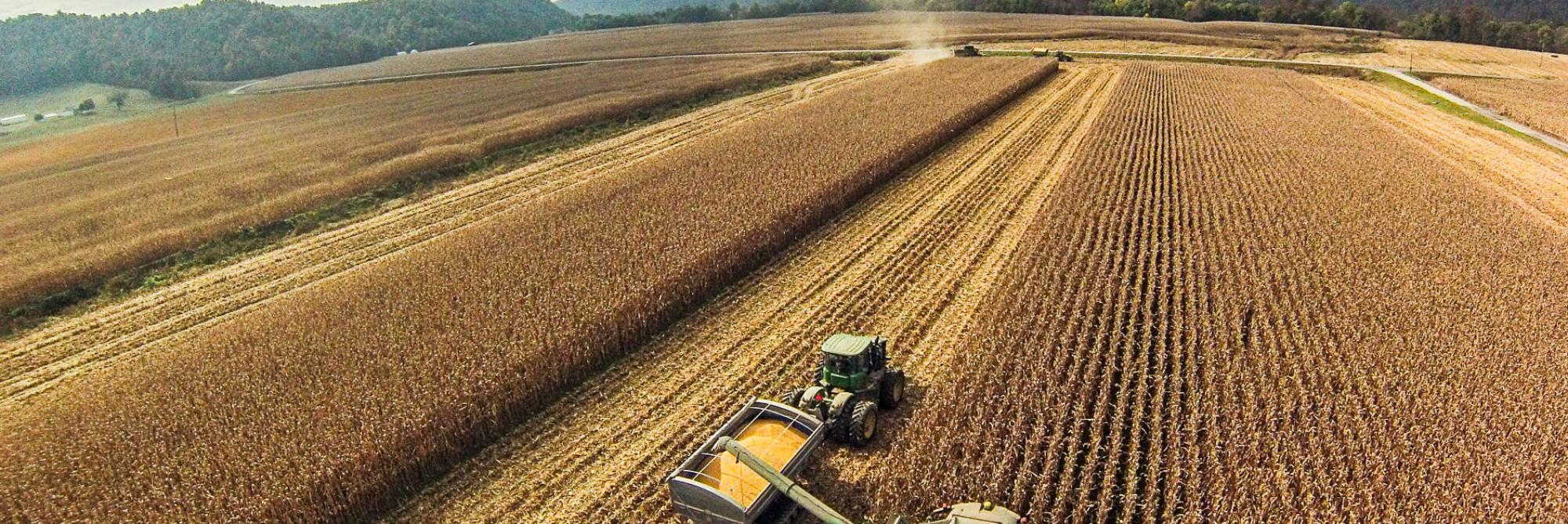Master's Degree (MS) in Agricultural Economics
Who is this program for?
A master's degree in Agricultural Economics is ideal for individuals interested in analyzing economic issues related to agriculture, food systems, and natural resources, preparing for impactful roles in policy development, agribusiness, or international trade. This program is also valuable for those pursuing careers as agricultural economists, market analysts, or sustainability consultants, where expertise in economic modeling and data-driven decision-making is essential.
Program Overview
The Master’s in Agricultural Economics program provides students with a solid foundation in economic theory and quantitative analysis as applied to agriculture, food systems, natural resources, and rural development. Through a blend of coursework and research, students explore topics such as agricultural policy, agribusiness management, environmental economics, and international trade. Graduates are prepared for careers in government, agribusiness, consulting, nonprofit organizations, and research institutions, or for further academic study in economics or related fields.
Related Careers
Students holding degrees in agricultural economics are employed by academic institutions, local, state, and federal agencies that deal with agriculture, natural resources and economic development; private firms in the agricultural and business sectors; and agencies and governments of foreign countries. These agricultural economists conduct research, develop extension services, teach classes, and serve as managers and administrators in various types of firms and agencies.
Admission Requirements
Please view the Graduate School's Admission Requirements. If there are Program Specific Requirements listed below, those will also apply.
Application Requirements
Please view the application requirements for the Graduate School. If there are Program Specific Requirements listed below, those will also apply.
Program Specific Requirements
Students entering the M.S. program are expected to have at least one course in each of the following areas: intermediate microeconomics, intermediate macroeconomics, calculus, and statistics. An undergraduate degree in economics is advantageous, as is a good background in mathematics. There are no minimum GPA or GRE requirements beyond those of the Graduate School, but such information, along with letters of recommendation, is used qualitatively in the admission decision.
Application Deadlines
Domestic & International Students
-
Fall
- 01/15/2026 Application opens in August for next Fall term admission.
FIND OUT EXACTLY
What You'll Learn
Degree requirements, course descriptions and academic policies for all programs are detailed in the University Catalog.
Explore Funding Options
As a graduate student, there are additional opportunities for student funding. Once you are admitted into a degree-bearing graduate program at UK, you can apply for a wide variety of financial assistance, including assistantships and fellowships. These opportunities can be tied to your program’s availability, so you should inquire with your program director about opportunities available within your program!

Get Involved!
Students who get involved in activities outside of the classroom tend to do better academically and develop meaningful relationships with others at UK. Our network of student organizations and activities has something for everyone, from academic to professional to fun!
Get More Information
Complete the form to get the latest updates on this program, including special events and application deadlines.
Discover your Future
At the University of Kentucky, we provide personalized support, innovative resources, and countless opportunities to help you turn your aspirations into achievements.




